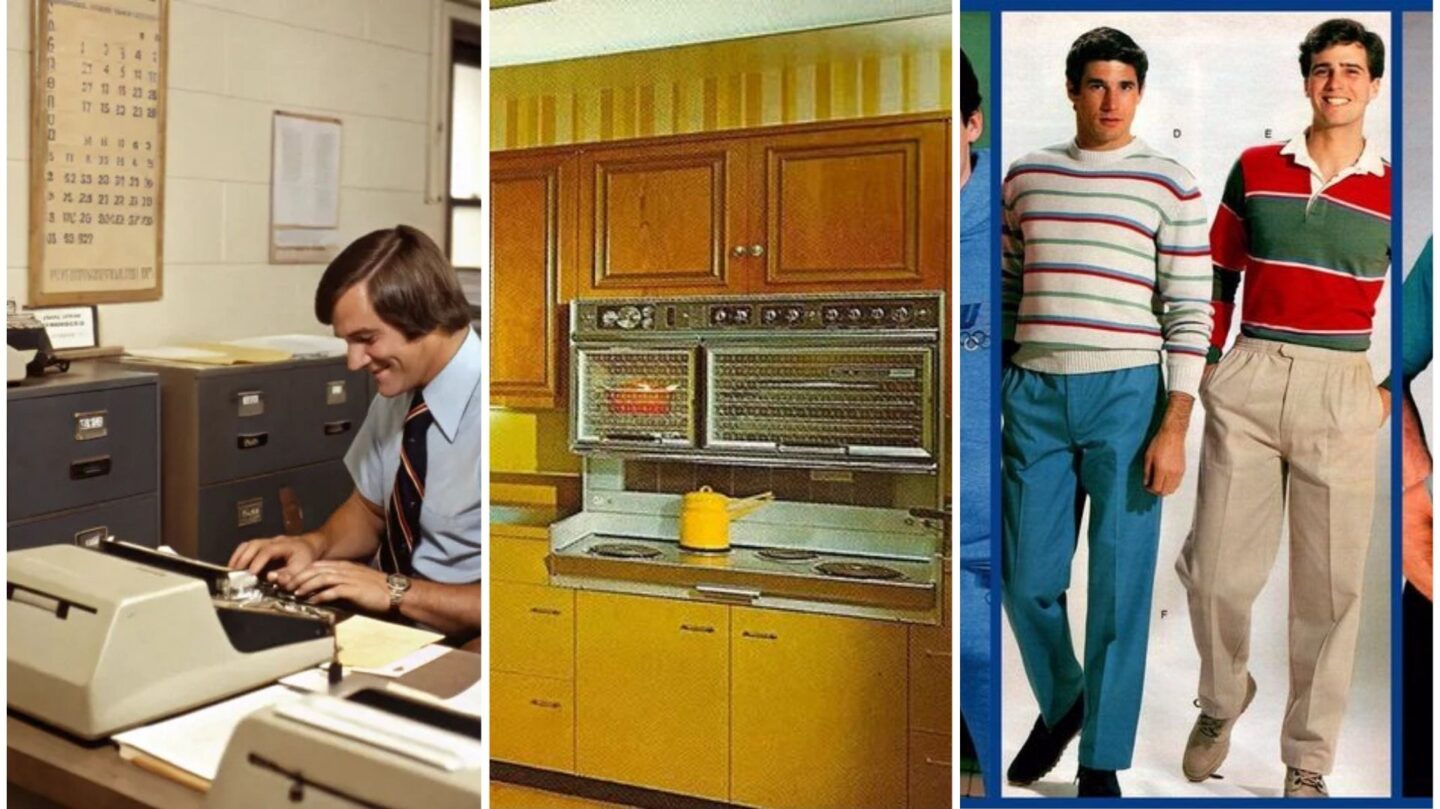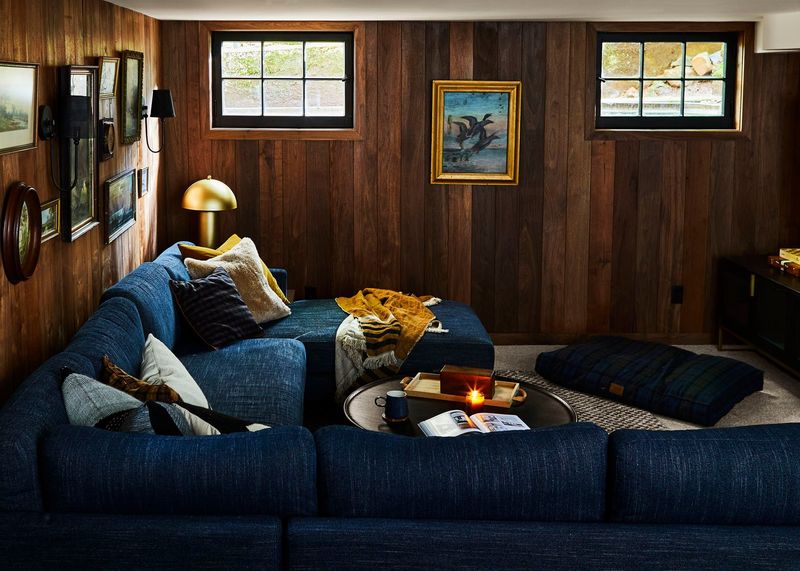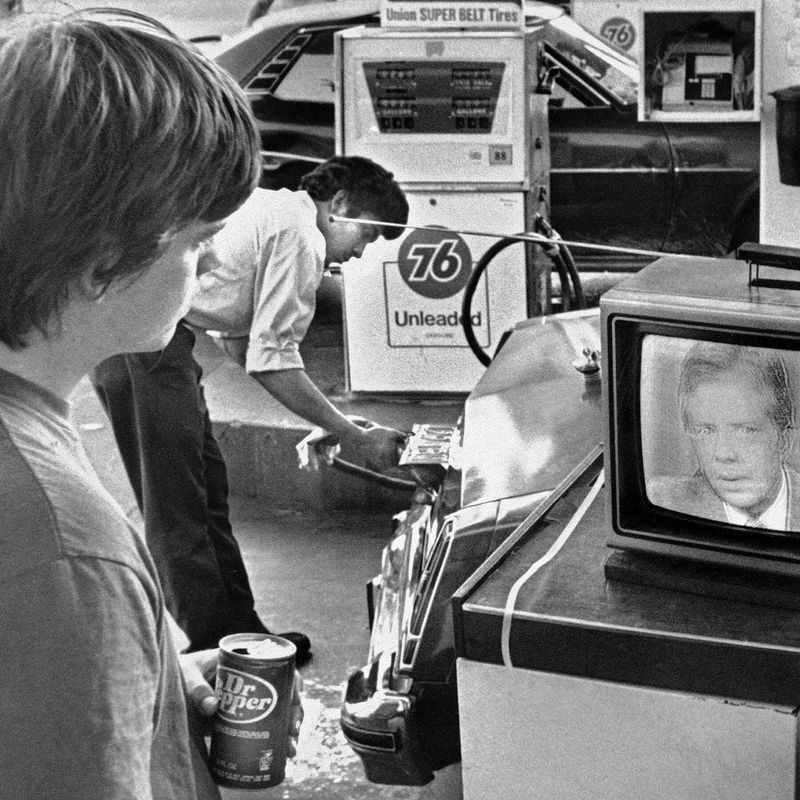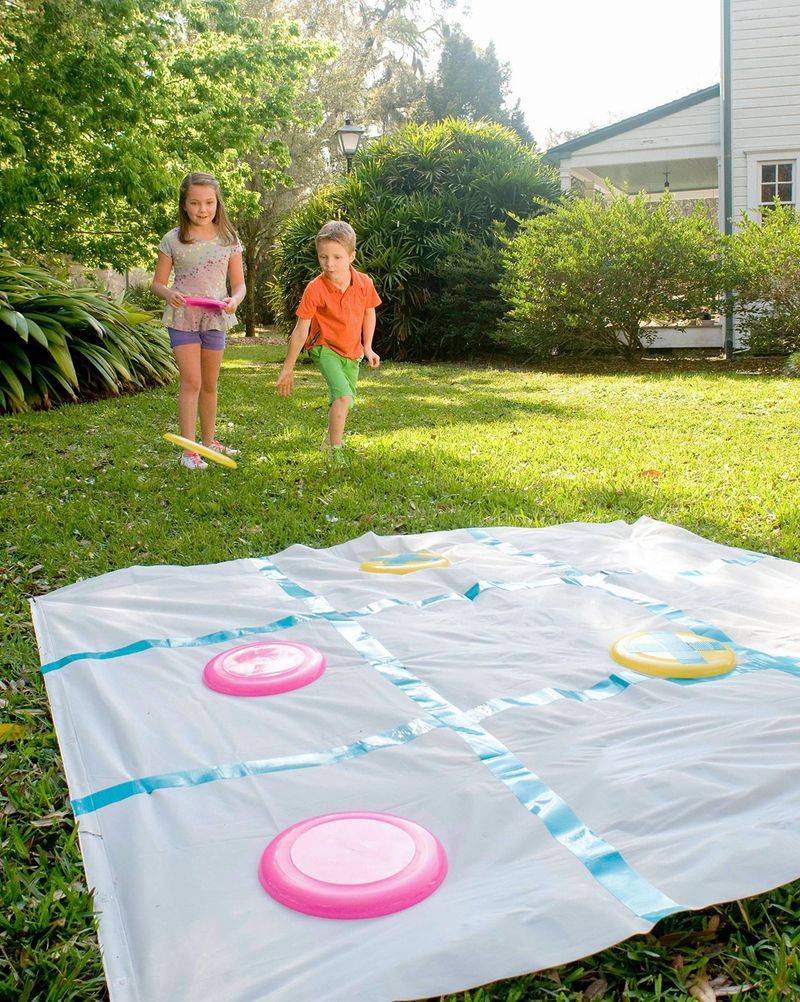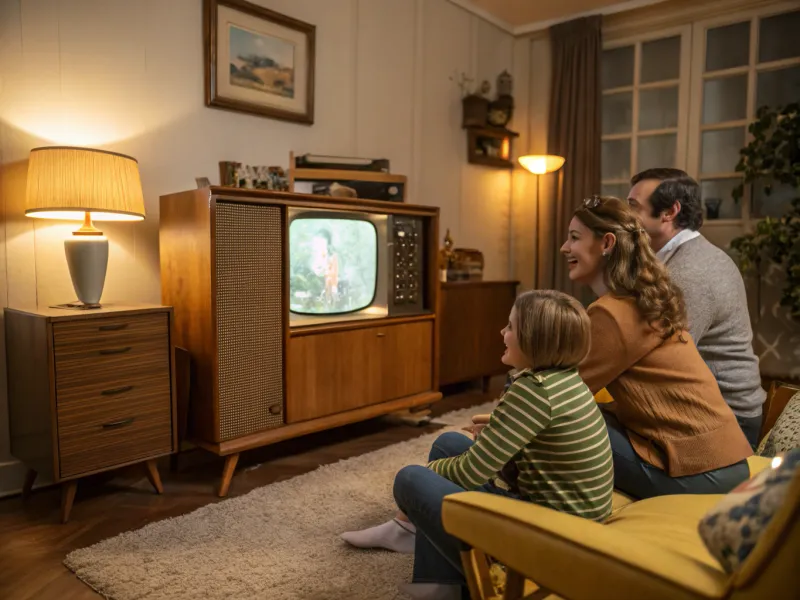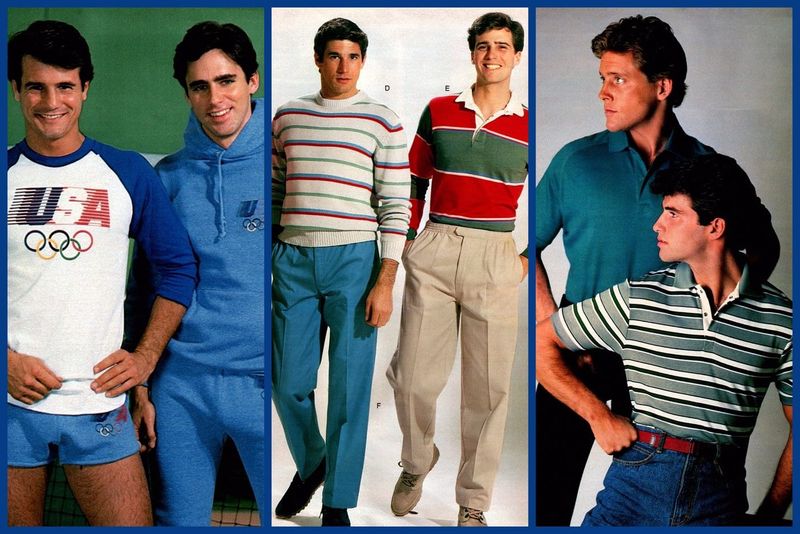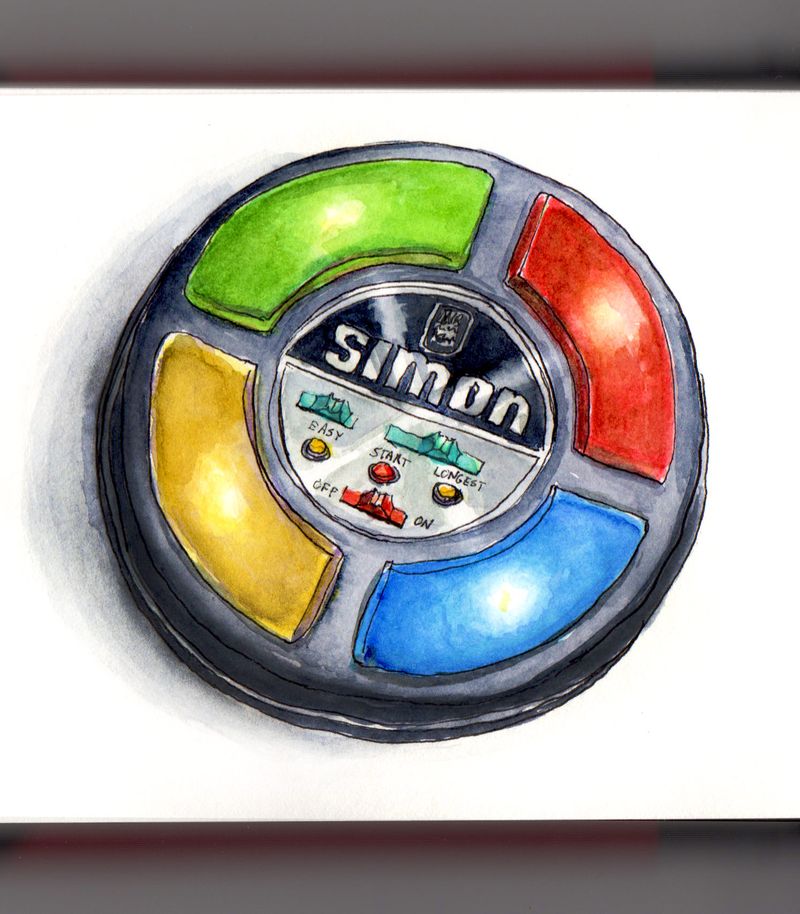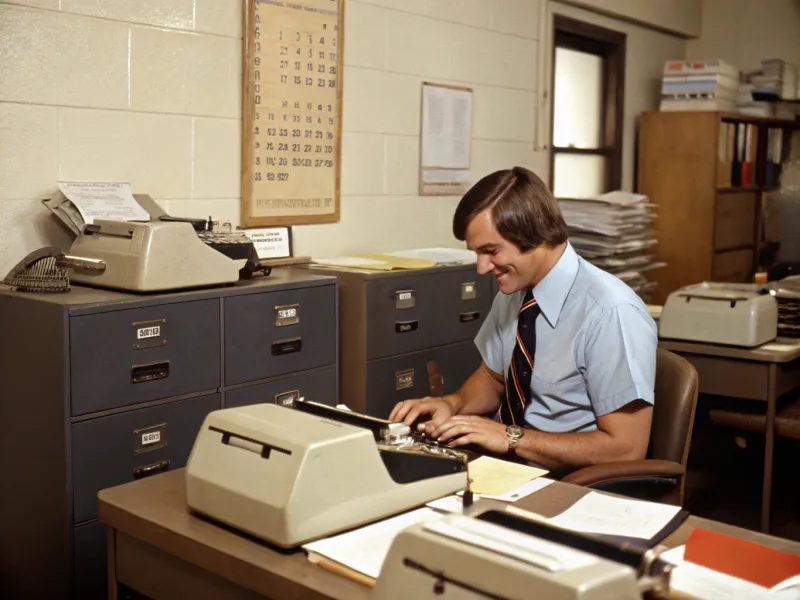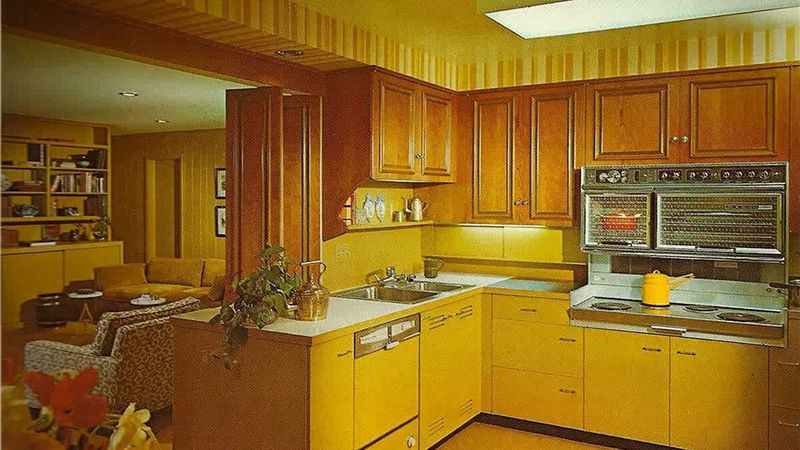The 1970s were a time of simplicity, where life seemed less complicated than today. Technology was just beginning to evolve, and people enjoyed a slower pace of life. Here are nine ways in which daily life in the 70s was less complicated, offering a nostalgic look back at a time when life was all about simplicity and genuine connections.
Unplugged Communication
In the 70s, communication was personal and deliberate. People relied on rotary phones and handwritten letters that conveyed thoughtfulness and sincerity. The absence of smartphones meant conversations were more engaging and meaningful. Today, we are bombarded with notifications, emails, and messages, which complicate our everyday interactions. The simplicity of a phone call or a heartfelt letter created genuine connections, enhancing relationships and community bonds. This allowed for a more focused and authentic way of staying connected without the distractions of modern technology. Unplugging brought people closer, making every interaction count.
Cash Transactions
In the 70s, transactions were straightforward, with cash being the primary method of payment. Credit cards were not as prevalent, and online banking was unheard of. This meant fewer financial complexities and a more tangible connection to money. Handling cash gave a clearer understanding of one’s financial situation, and budgeting was simpler. Today, digital payments make spending convenient but can lead to overspending and financial stress. The physical exchange of cash fostered financial responsibility and awareness, making daily transactions uncomplicated and direct.
Outdoor Play
Children in the 70s enjoyed endless hours of outdoor play, free from the constraints of screens and digital devices. Playtime was filled with imagination, creativity, and physical activity. Neighborhood parks were bustling with children playing games, riding bikes, and exploring nature. This unstructured play promoted healthy physical and social development, without the pressures of scheduled activities. Today, technology often dominates children’s lives, reducing their time spent outdoors. The simplicity of outdoor play in the 70s nurtured a sense of adventure and freedom, fostering lifelong memories and friendships.
Television Simplicity
Television in the 70s was a communal experience, with limited channels and scheduled programming. Families gathered around a single TV set, enjoying shows together without the overwhelming choices of today’s streaming platforms. This simplicity allowed for shared cultural moments and family bonding, as everyone watched the same popular programs. The lack of on-demand viewing encouraged patience and anticipation for weekly shows. Today, endless options and individual viewing devices fragment the shared experience. The 70s TV simplicity brought families together, creating lasting memories and shared enjoyment.
Simple Fashion
Fashion in the 70s was characterized by simplicity and comfort. People embraced styles like bell-bottoms, simple t-shirts, and vibrant patterns that were easy to wear and express individuality. There was less pressure to constantly update wardrobes with ever-changing trends. This era celebrated personal style over brand names, allowing people to feel confident without the need for designer labels. Today’s fast fashion often complicates wardrobe choices, with an overwhelming variety of options. The 70s simplicity in fashion emphasized creativity and comfort, making everyday dressing uncomplicated and expressive.
Analog Entertainment
Entertainment options in the 70s revolved around analog pleasures like vinyl records, board games, and reading books. Families spent quality time playing games or listening to music, fostering connections and conversation. The tactile experience of flipping through records or turning book pages was satisfying and immersive. Today’s digital entertainment, while vast, can be isolating and overwhelming. The simplicity of 70s pastimes encouraged social interaction and relaxation, offering a refreshing escape from the digital world. Analog entertainment provided a rich, shared experience that engaged the senses and nurtured relationships.
Modest Work-Life Balance
The 70s offered a more pronounced work-life balance, with traditional 9-to-5 jobs and less intrusion of work into personal life. Technology did not tether employees to their desks, allowing them to leave work behind at the end of the day. This simplicity fostered a clear boundary between professional and personal time, reducing stress and improving well-being. Today, constant connectivity blurs these lines, complicating life and increasing burnout. The 70s approach encouraged real downtime and family time, making work feel less consuming and life more balanced.
Simple Transportation
In the 70s, transportation was uncomplicated, with fewer traffic jams and simpler car mechanics. People relied on straightforward maps for navigation, and road trips were a popular leisure activity. Vehicles were less reliant on technology, making maintenance easier and more affordable. Today’s advanced car systems, while innovative, can be costly and complex. The simplicity of travel in the 70s encouraged exploration and freedom, without the stress of modern commuting challenges. It was a time when the journey itself was as enjoyable as the destination.
Simple Household Gadgets
Household gadgets in the 70s were practical and straightforward, designed to make life easier without overwhelming technology. Kitchens were equipped with basic appliances like toasters, blenders, and simple microwaves that served their purpose efficiently. This simplicity reduced the learning curve and potential frustrations associated with modern smart devices. Today’s high-tech gadgets, while convenient, often introduce complexity and require constant updates. The 70s focus on practical, easy-to-use appliances made daily chores simple and manageable, allowing more time for family and leisure activities.
